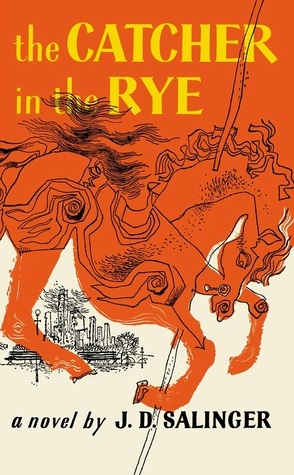Chapter 33: The Horrors of Captivity
byChapter 33 unfolds with Bonnie trapped in her confined cell, her body frail from relentless hunger and dehydration, while her mind races with thoughts of escape. Her captors, Rodney and Emily Harris, have provided her with minimal sustenance—two bottles of water, a cup of Ka’Chava, and a raw piece of liver, the latter of which she finds revolting. Memories of her last proper meal, a simple tuna-and-egg sandwich, intensify her despair, making her dire situation feel even more unbearable.
Hours pass before Rodney reappears, his unsettling presence made even more bizarre by his choice of attire—firetruck-patterned pajamas. His demeanor is eerily casual as he urges her to eat the liver, insisting that it contains vital hydration, revealing a disturbing obsession with maintaining control over her body and nutrition. Though Bonnie recognizes the danger in defying him, she refuses to submit entirely, carefully navigating the situation by requesting a fresh piece of liver in an attempt to buy time.
Her negotiation is a calculated risk, a fragile act of survival in a scenario where compliance might be her only temporary reprieve. Rodney, however, remains unmoved, his insistence unwavering, making it clear that his concern is not for her well-being but rather for maintaining his twisted sense of order. Every interaction between them underscores the imbalance of power, where Bonnie’s resistance is the only weapon she has against an enemy who views her as nothing more than a resource.
Meanwhile, Emily Harris battles her own growing anxieties upstairs, her physical condition deteriorating despite the extreme dietary regimen she and Rodney have followed for years. Their belief in consuming specific organs to prolong life has begun to falter, their bodies showing signs of aging despite their morbid rituals. With their health declining, their desperation grows, and the realization sets in that Bonnie’s time as their captive is running out, her fate sealed by their warped ideology.
Rodney’s late-night return to the basement with a fresh piece of liver only further cements the horror of their actions, his pseudo-scientific reasoning failing to mask the gruesome nature of their lifestyle. Bonnie drinks the water he provides, understanding that staying hydrated is essential if she hopes to keep her strength, but she remains wary of his every move. In this grim exchange, she sees the full scope of her captors’ depravity—Rodney and Emily aren’t just killers, they are predators desperately clinging to an illusion of control over their own mortality.
The juxtaposition of the mundane and the macabre makes the chapter even more unsettling, as everyday interactions become tainted with an underlying dread. The Harrises’ conversations about diet and longevity might seem like ordinary health concerns to an outsider, but within the walls of their home, these discussions reveal something far more insidious. Bonnie is no longer a person to them—she is a necessary sacrifice, another experiment in their ongoing, failing battle against time.
As the tension escalates, Bonnie’s situation becomes more precarious, forcing her to play a dangerous game of endurance and manipulation. The psychological horror of her captivity is amplified by the knowledge that she is merely the latest in a long cycle of victims, each one treated as a disposable means to an end. With every passing moment, she realizes that her survival hinges on not only her physical strength but also her ability to outthink those who see her as nothing more than a commodity.
The narrative leaves readers unsettled, not just by the brutality of the Harrises’ methods, but by the cold rationality with which they justify their grotesque pursuit of longevity. It serves as a chilling commentary on the extremes of human desperation, where fear of aging can drive people to unfathomable cruelty. As the chapter closes, Bonnie’s fate remains uncertain, but one thing is clear—the Harrises’ twisted experiment is unraveling, and the consequences may be more horrifying than even they anticipate.


